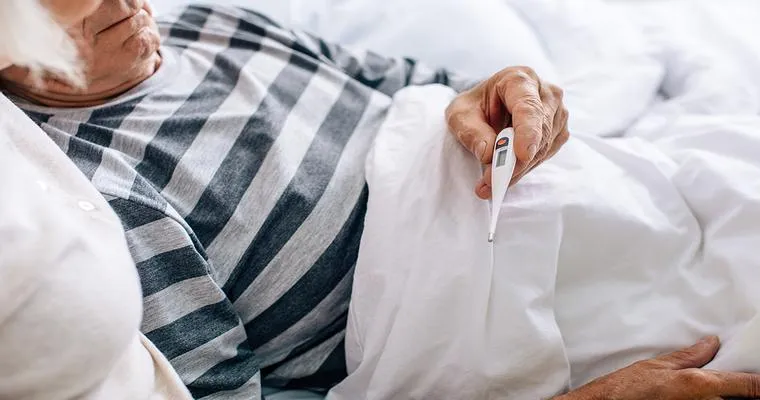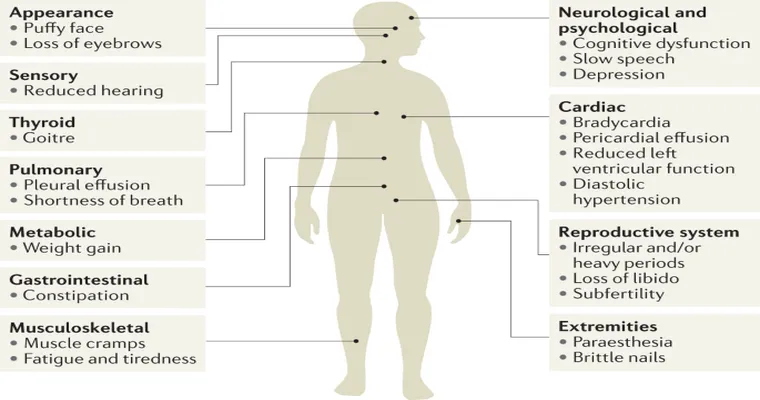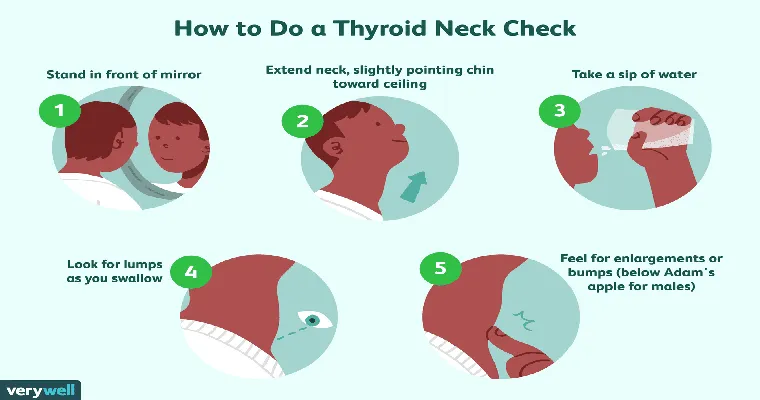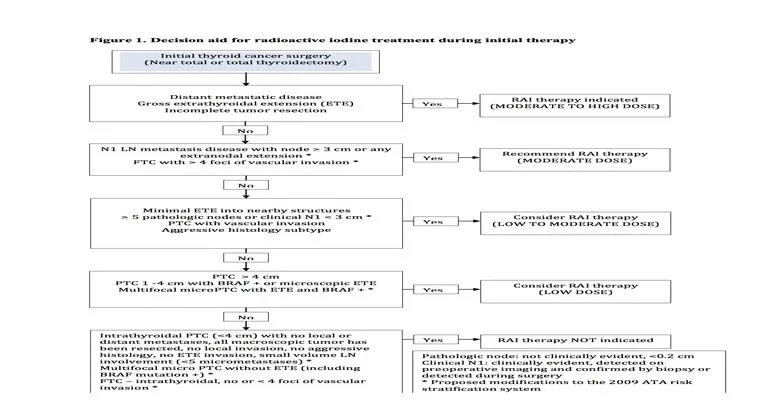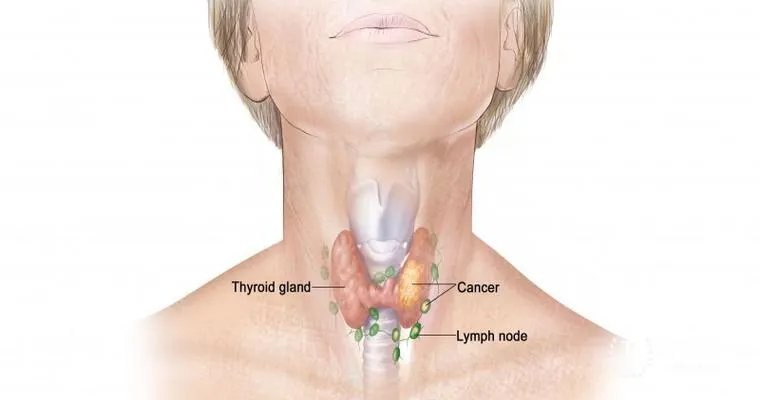As we age, our bodies undergo various changes that can lead to unusual symptoms such as "extreme chills" in the evenings. If your elderly loved one, like my 86-year-old mother, is experiencing this uncomfortable sensation, it's important to understand the potential causes and seek appropriate solutions. The inability to keep warm can be distressing and may indicate underlying health concerns that should not be overlooked.
Several factors can contribute to extreme chills in older adults. One common cause is "poor circulation". As we age, our circulatory systems may become less efficient, making it harder for blood to reach the extremities. This can result in feelings of coldness and discomfort, particularly in the evenings when the temperature drops.
Another potential reason for evening chills in older adults is "hypothyroidism". The thyroid gland plays a crucial role in regulating metabolism and body temperature. An underactive thyroid can lead to a decrease in body heat production, causing chills and an overall feeling of being cold. It is important to consider having her thyroid levels checked if this symptom persists.
Infections can also lead to chills, especially in elderly individuals. Conditions such as "pneumonia" or urinary tract infections may cause fever and chills. If your mother shows any signs of illness, such as a cough or changes in urination, it is essential to consult a healthcare provider promptly.
Additionally, "anemia" is another condition that can lead to feeling cold. Anemia occurs when the body doesn't have enough healthy red blood cells to carry adequate oxygen to tissues. This can result in fatigue, weakness, and an increased sensitivity to cold. A simple blood test can determine if anemia is a factor.
It's also worth noting that certain medications can affect body temperature regulation. If your mother is taking any new medications, consulting with her doctor about potential side effects related to chills might provide some insight.
To help your mother cope with her chills, there are several steps you can take. Ensure that she is dressed warmly in layers and provide soft blankets to help her maintain body heat. Warm beverages can also help raise her internal temperature. If the chills persist or are accompanied by other concerning symptoms, it is crucial to seek medical advice.
In conclusion, extreme chills in an 86-year-old can be caused by various factors, including poor circulation, hypothyroidism, infections, anemia, and medication side effects. Understanding these potential causes can help in addressing the issue effectively. If you are concerned about your mother's health, do not hesitate to consult her healthcare provider for a thorough evaluation. Remember, keeping her warm and comfortable is essential, but identifying the underlying cause is key to ensuring her well-being.

